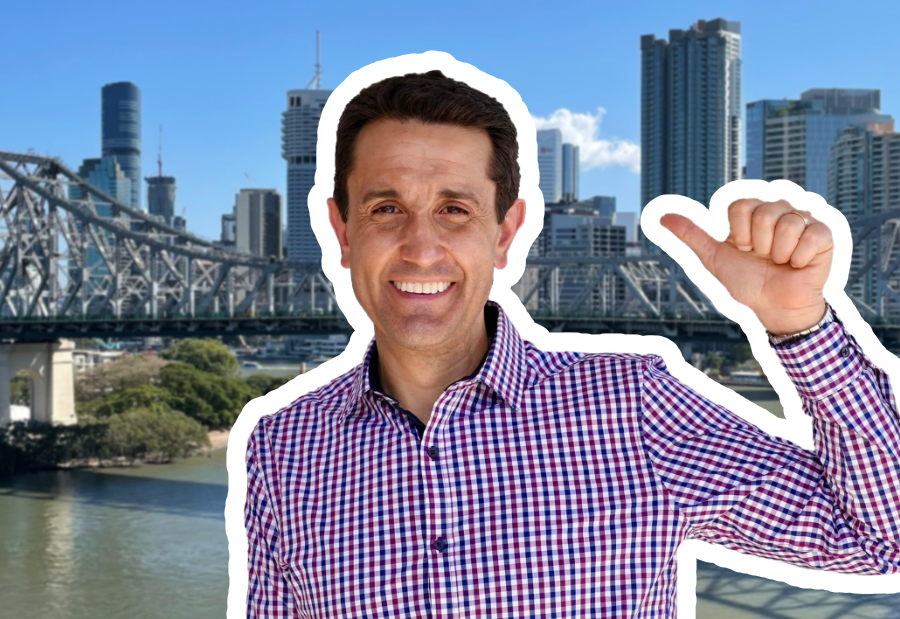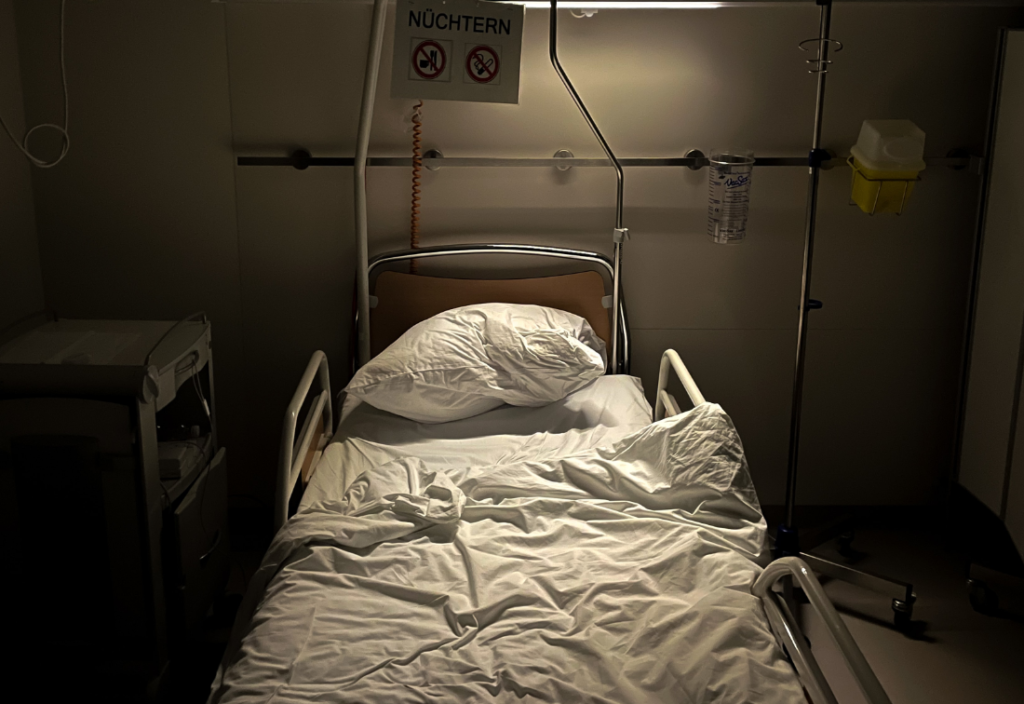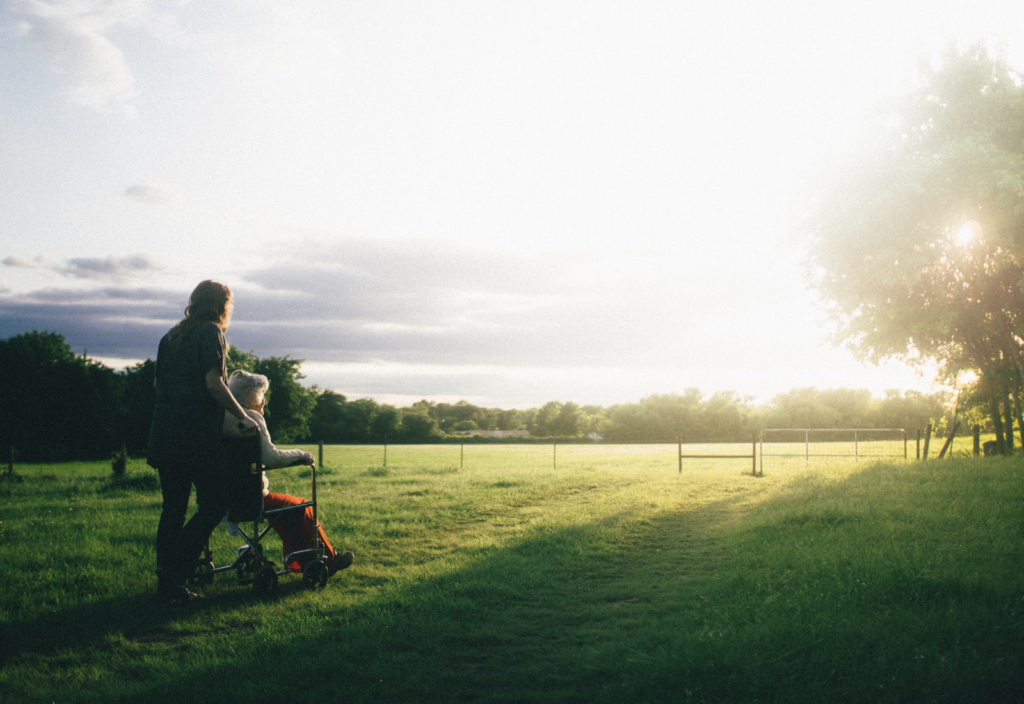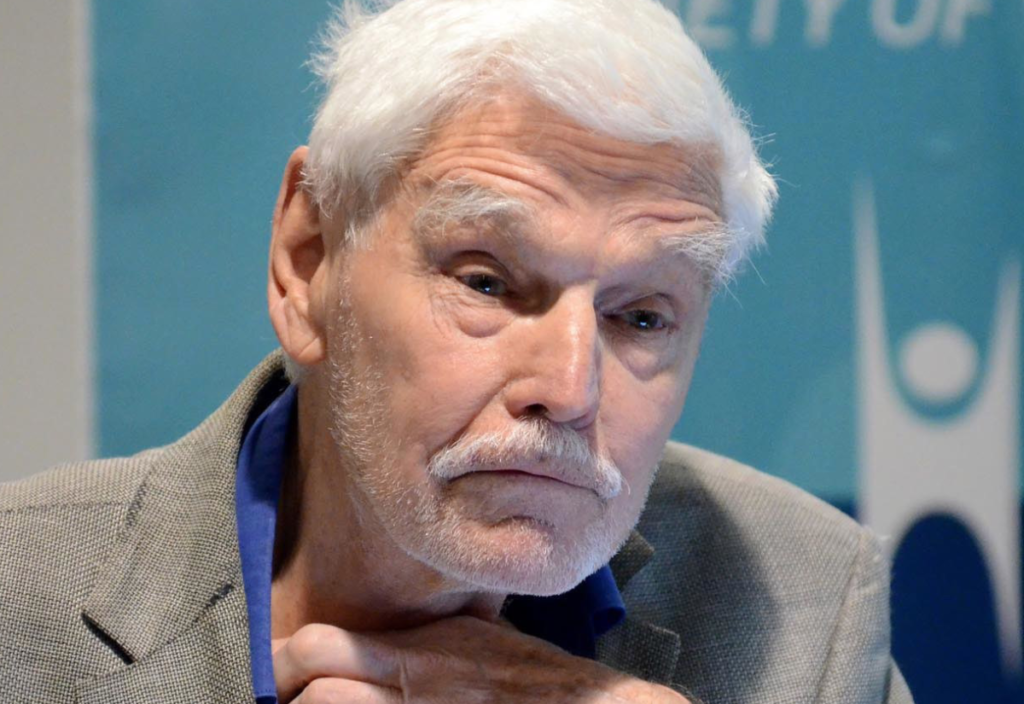Voluntary assisted dying (VAD) has been legal in countries such as Switzerland and the Netherlands for more than a decade.
In Australia, aside from a brief introduction by the Northern Territory in 1995 that was quickly overruled by conflicting federal legislation, VAD remained illegal in every Australian jurisdiction until 2017.
In 2017, Victoria took the lead, enacting the Voluntary Assisted Dying Act 2017 (Vic). In 2019, Western Australia followed suit, and in 2021 VAD became legal in Tasmania, South Australia and Queensland.
On 19 May, 2022, the NSW Parliament passed the Voluntary Assisted Dying Bill. In doing so, NSW became the final Australian state to legalise VAD.
In his second reading speech, Alex Greenwich – the MP who introduced the bill – noted that: “The bill will create a safe framework for people who are in the final stages of a terminal illness, and who are experiencing cruel suffering that cannot be relieved by treatment or palliative care, to be provided with the choice to die peacefully, with dignity and surrounded by loved ones.”
As this statement suggests, VAD legislation is also sometimes referred to as dying with dignity legislation, because it enables an unwell person to choose the time and place of their death. VAD has been described as involving “a physician prescribing medication to a patient with the explicit intention of causing premature death”.
Accordingly, across the country, self-administration is the predominant mechanism by which VAD is carried out. Physician-administered VAD is rare, and only occurs where a patient is unable to self-administer.
Attitudes to VAD among health professionals
VAD is a polarising issue in the healthcare sector; it’s literally about life and death, and elicits passionate and emotional responses in both the medical community and the general community.
Some people regard VAD as a human right, inherent in fundamental rights such as the right to dignity, autonomy and self-determination. Others express concern that a doctor’s key ethical commitment is to do no harm, and on this basis doctors should not play a role in hastening a person’s death. They also worry about whether the safeguards in place are adequate to prevent undue influence or coercion.
A high proportion of the Australian population supports VAD. For example, a “recent survey carried out by the NSW Council on the Ageing found that 72% of people over 50 in NSW were in favour of legalising voluntary assisted dying”. That said, many health professionals remain uncomfortable participating in VAD.
All Australian states allow a health professional with a conscientious objection to refrain from participating in VAD. As in all other states, the NSW law will allow a health practitioner to refuse to participate in VAD.
This is similar to abortion legislation, which across Australia also includes provision for conscientious objection.
States’ laws not all the same
It’s worth noting that while all Australian states allow for conscientious objection, the laws between the states are framed slightly differently. For example, both Victoria and Tasmania allow an unmitigated form of conscientious objection, with no requirement to provide information to a patient who raises the question of VAD. Western Australia requires the provision of an information booklet, and Queensland requires doctors to direct the patient to someone without a conscientious objection.
Attitudes towards VAD among health professionals aren’t binary, but rather tend to sit on a spectrum. Unfortunately, there’s a lack of accurate, comprehensive data capturing the rates of conscientious objection to VAD among health professionals in Australia.
However, the research that has been conducted suggests rates of conscientious objection to VAD are reasonably high among the cohort of medical practitioners whose patients are most likely to seek access.
For example, in a survey conducted by the Medical Oncology Group of Australia, out of the 362 respondents, 47 per cent disagreed with voluntary assisted dying. Similarly, in a survey of the Australian and New Zealand Society for Geriatric Medicine, out of the 226 respondents, 53 per cent opposed VAD.
There’s a range of reasons why practitioners object to participating in VAD. Interestingly, unlike in the abortion context, it seems the majority of health professionals who object to VAD do so for “reasons that could be regarded as secular, humanist or professional” rather than for religious reasons.
The way forward for VAD legislation
There’s a global trend towards the legalisation of VAD. For example, the past decade has seen the legalisation of VAD in Canada and New Zealand, two countries culturally similar to Australia.
It seems, therefore, that VAD is here to stay, but that – as has occurred in the context of the decriminalisation of abortion – there’s likely to be some tinkering with the legislation in the different jurisdictions.
In time, we may see greater harmonisation between states. Further, it seems that it’s only a matter of time until the federal government repeals its own legislation that prevents the territories from legalising VAD.
A society is measured by how it treats its most vulnerable, such as those who are sick and approaching the end of their lives – “I’m not interested in whether you’ve stood with the great; I’m interested in whether you’ve sat with the broken”.
Whether a person does or doesn’t support VAD, I think we can all agree that treating people with respect and dignity at the end of their lives is of paramount importance.
As a society, we need to strike an appropriate balance between respecting the right to freedom of conscience, and securing the rights of individual patients to dignity, privacy and autonomy.
This isn’t an easy conversation, but it’s one we must have.
This article was first published on Monash Lens. Read the original article.
Photo by Stephen Andrews on Unsplash.













